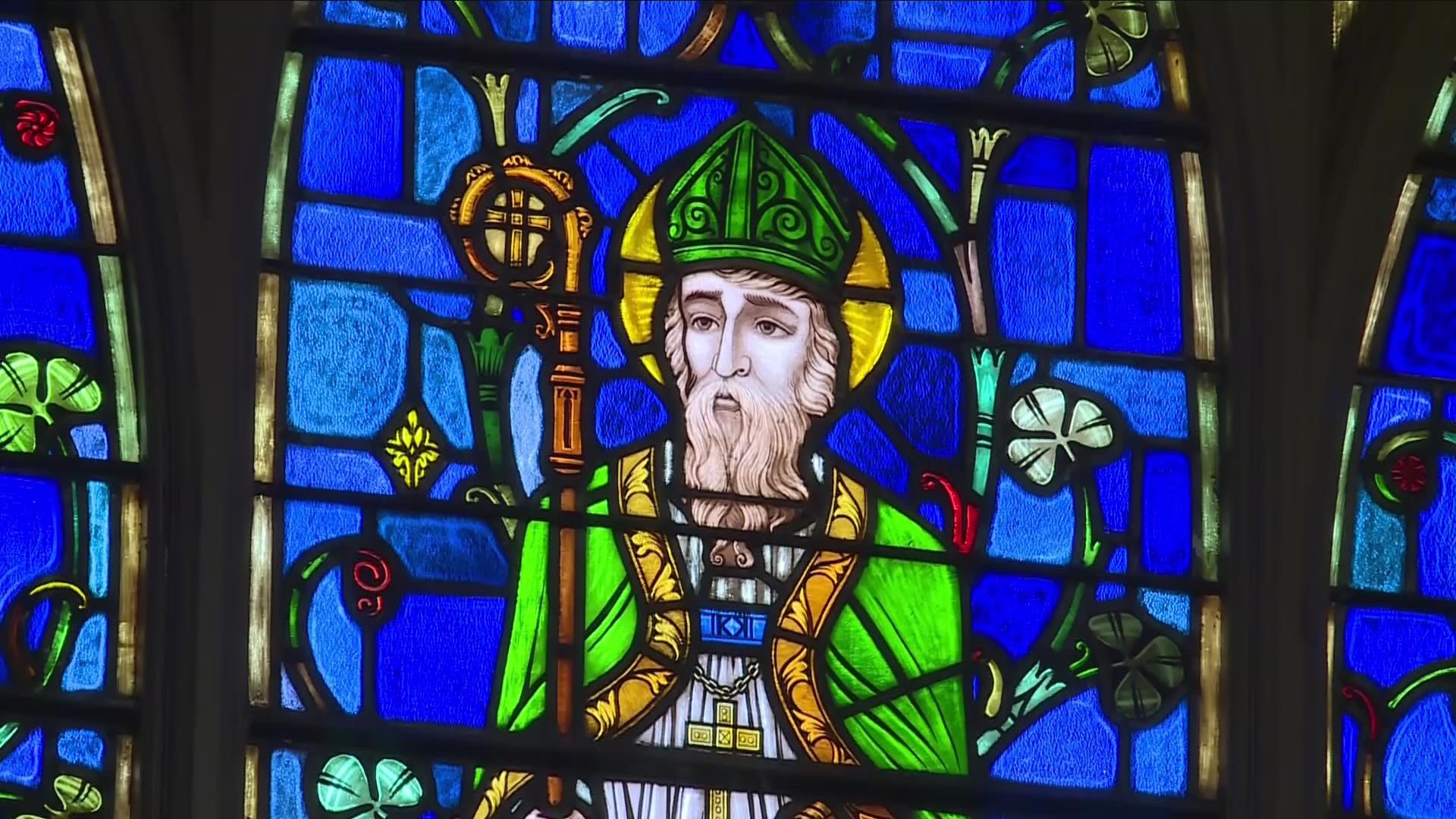BUFFALO, N.Y. — New York state's new gun reforms took effect on Thursday with new requirements for permit applications and restrictions on areas where concealed weapons cannot be carried.
With the changes an interesting question popped up for some groups that are now categorized as a "sensitive location." That is, houses of worship.
It's hard to comprehend or accept but you may recall that places of worship have also been hit with violence. From the 2015 South Carolina church shooting where Black congregants in a Bible study program were killed, to the 2017 Pittsburgh synagogue shooting, and then other church shootings in Texas and elsewhere.
In one particular case in Texas in 2020, a church member actually rose and pulled his concealed weapon and killed the shooter, who started shooting during a service. The church member was later cleared by authorities.
So now technically under the state's sweeping gun law, it is considered to be criminal possession of a weapon in a house of worship unless the individual has fit certain exemptions.
The state Division of Criminal Justice Services puts it this way "Question 25 of the FAQs issued by the state Division of Criminal Justice Services, and the New York State Police lists individuals exempt from the restriction: Police officers in New York State, as defined in Criminal Procedure Law § 1.20(34), and those who were employed as police officers in New York State but are retired; Retired law enforcement officers who qualify under 18 U.S.C. 926(C)(the Law Enforcement Officers Safety Act, or LEOSA); Peace officers in New York State, as defined in Criminal Procedure Law § 2.10; Armed security guards registered by the NYS Department of State while working; Active-duty military personnel; Persons licensed under paragraph c, d, or e subdivision 2 of § 400.00 of the Penal Law while in the course of official duties; Persons lawfully engaged in hunting activity, including hunter education training; Persons operating a program in their home that would otherwise be considered a sensitive location, however, such possession must comply with any rules or regulations (e.g., safe storage); and Government employees with agency consent, for the purpose of natural resource protection."
So Erie County Sheriff John Garcia, a Republican who opposes the law and feels it is "unconstitutional and unenforceable," said Wednesday: "There's people that go to church and their rabbi, their pastor, the priest count on them to be security. Because we know churches are soft targets also, and those people are wondering what's going to happen. Am I committing a felony for bringing a legal concealed carry permit with a weapon into a house of worship?"
Various religious leaders of different faiths I reached out to declined an on camera interview or did not respond. The Jewish Federation of Greater Buffalo said it had reviewed the security policy but referred us back again to member synagogues.
But some members of the clergy, who wanted to be known only as "sources," said they do indeed know some of their congregants are armed with concealed carry permits during services as private citizens/civilians like business owners, professionals and others and that they do count on them.
Some say they are also opposed to the law on these grounds as it impacts their law abiding church members who have such permits
One person even referenced the May 14 Tops shooting and said they would not allow themselves to be sitting targets for a killer looking for a place where Black people congregate.
Another source also confirmed that the Tops shooting suspect was seen on security camera video apparently casing an East Buffalo church the week before his supermarket attack and he was told to move on by a church staffer.
The Governor's Office, through the State Division of Criminal Justice Services, did respond that again there are some exemptions for law enforcement and certified security in places of worship.
Their formal statement was "Houses of worship in New York have always been able to work with law enforcement, security guards and other certified armed personnel to keep their communities safe, and under the new concealed carry law, that will continue to be the case."
They also added on background that local law enforcement agencies, which would investigate an incident would determine if there were any legal ramifications.
We also spoke to State Senator Tim Kennedy of Buffalo, who voted for the law. He again referred to the allowed exemptions and then said: "We will work with any community leader including and especially the clergy to make sure that they feel confident and safe in their house of worship, and that New York State is reflecting the needs of their congregation and of the community."
When asked again about the concerns of ministers about whether private citizens and civilians who have the concealed carry permits should be allowed to have such a weapon for protection in church, Kennedy replied: "Every law is always open to scrutiny, and taking a look at it to see if it's working in the right way that it was intended."
He added: "If the clergy members connect with me and my office, I'm always carrying those messages, not only to the governor but to the rest of the state legislature."

